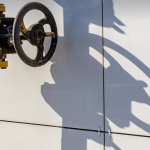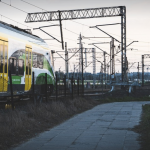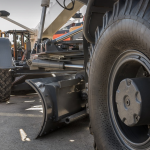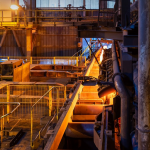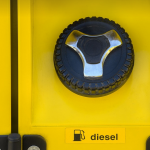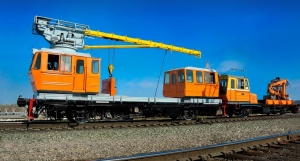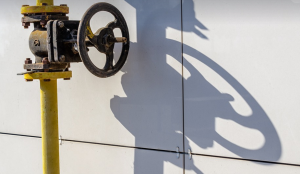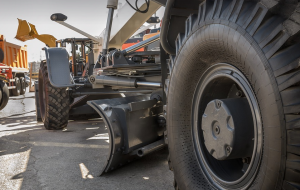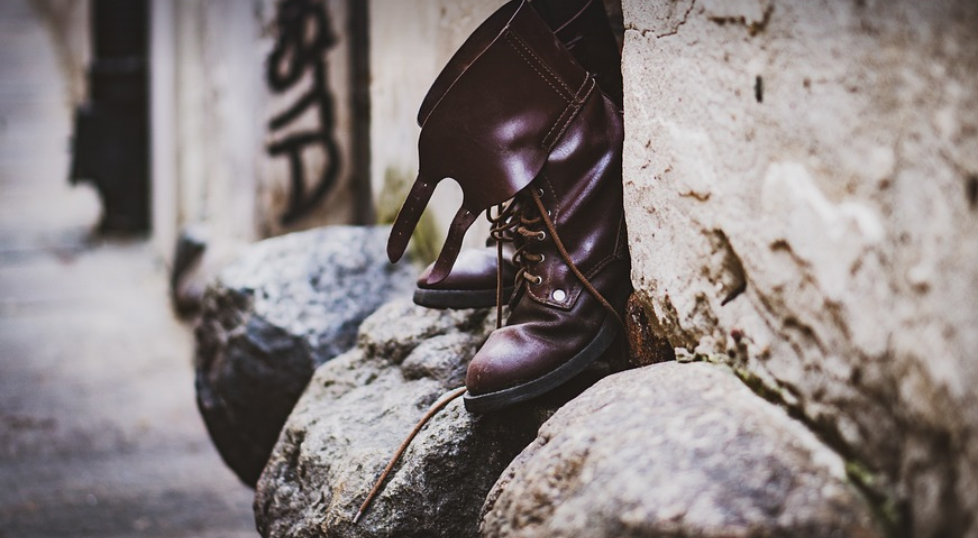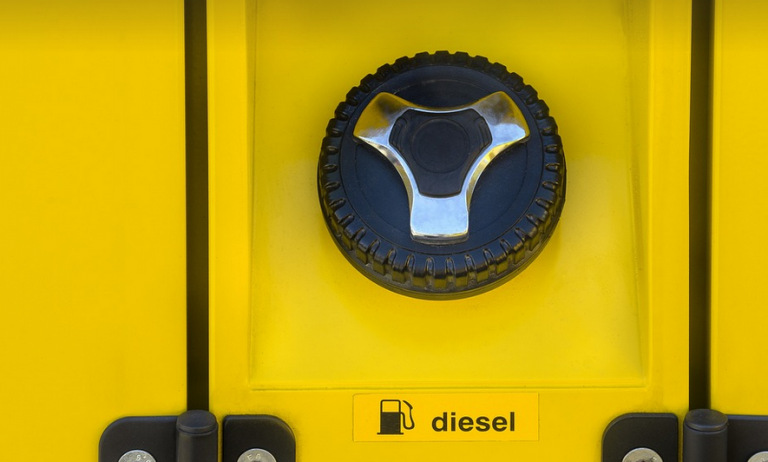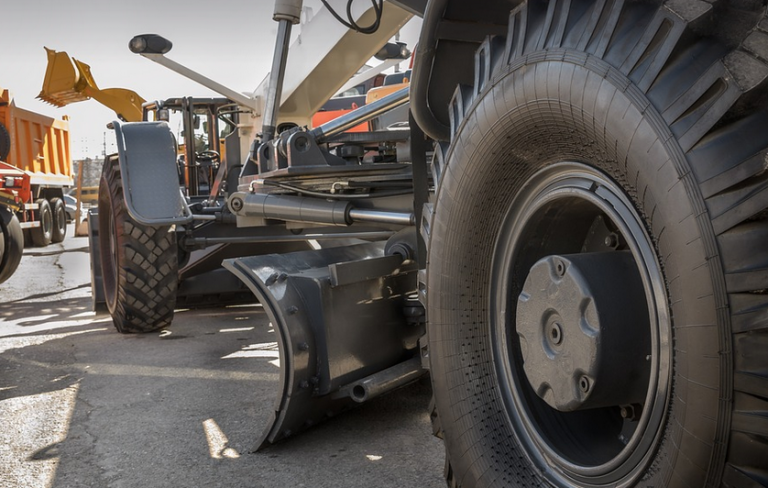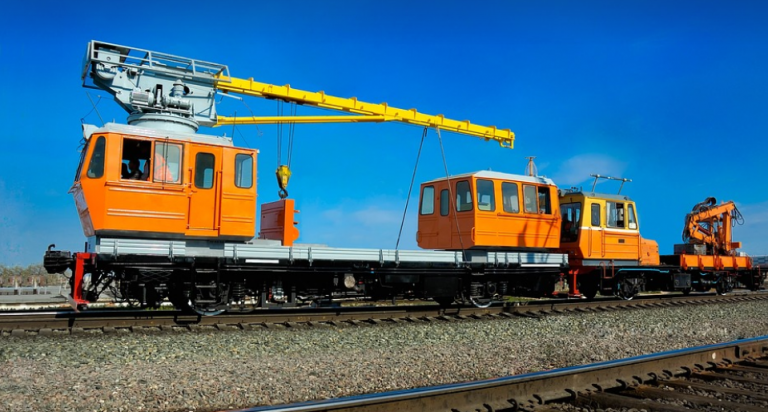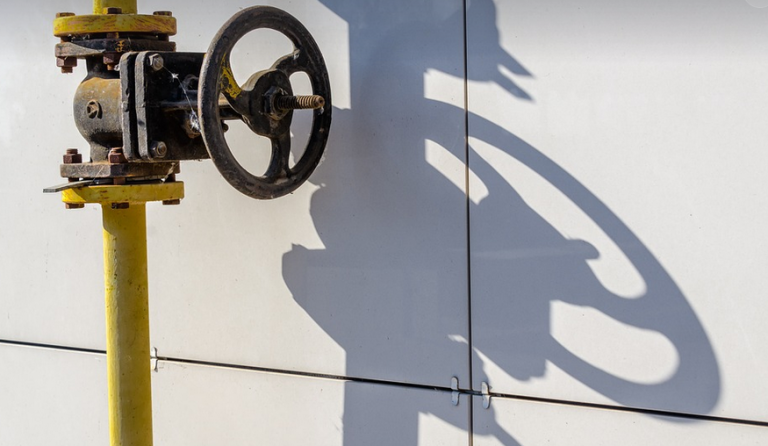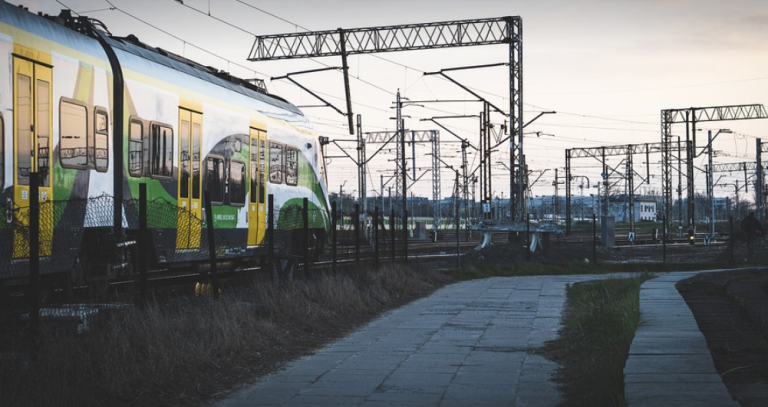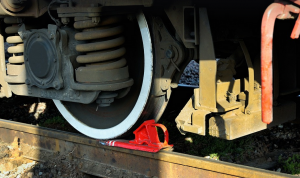Making Waste Less of a Burden
We all know that overflowing trash bins and mountains of garbage are a problem, but did you know that what we throw away can actually be a valuable resource for our planet? Instead of seeing waste as just junk, let’s dive into the exciting world of recycling and composting. These practices are not only good for our environment, they also make living a little bit easier and more sustainable!
Understanding the Basics
Recycling and composting are two complementary methods that help us reduce waste and create valuable resources from what we throw away. They work together like puzzle pieces to achieve a cleaner, healthier planet.
Let’s start with recycling. Think of it as giving old items a second life by transforming them into new products. Materials like paper, plastic bottles, glass jars, cardboard boxes and aluminum cans are all recyclable. By putting these materials in the designated bins at your local recycling centre, you’re contributing to reducing landfill waste and conserving valuable resources.
Composting, on the other hand, focuses on transforming organic waste, such as food scraps and yard debris, into a nutrient-rich material called “compost”. This natural fertilizer improves soil fertility and helps create healthier gardens. Think of it as giving your plants a healthy boost by returning their nutrients to the earth.
Choosing the Right Bin: Your Guide for Success
Now comes the fun part! Selecting the right bin for your individual needs is crucial for ensuring a seamless recycling and composting experience.
**For Recycling:** You’ll likely need general-purpose bins designated for specific materials like paper, plastic, glass, metal, and cardboard. Remember to always check the local guidelines for specifics on what can be recycled in your area.
**For Composting:** Composting is all about creating a self-sustaining ecosystem of microorganisms that break down organic waste. Special compost bins come in various styles and sizes, offering customization options to suit any living space. The most popular types include open compost bins, closed compost bins with lids, and tumbling composters.
**Think Before You Buy:** While buying new bins can be tempting, consider renting or borrowing one from a community center or friend to start. This is a great way to minimize costs while introducing yourself to composting without committing to a long-term purchase before getting the hang of it.
Finding Your Perfect Spot: Location Matters
Proper bin placement is essential for both recycling and compost bins, as it affects accessibility and convenience.
**Recycling:** You want your bins placed in an easily accessible, visible location to encourage participation. Ideally, they should be positioned near the entryway or garage for easy loading and sorting of recyclables.
**Composting:** If you’re comfortable with a bit more space, consider placing your compost bin on a designated pad or platform where it can receive ample air and sunlight. Don’t forget to add some decorative elements around your bin to create an inviting aesthetic for your guests.
Beyond the Basics: Tips and Tricks
As you get more comfortable with the process, there are a few extra tricks that can make your recycling and composting journey even smoother.
**Keep it Clean:** Regular cleaning of both bins is essential to prevent unpleasant odors and maintain hygiene. Use mild soap and water for washing plastic containers, while metal and glass items require a gentle scrub with warm soapy water.
**Proper Sorting:** Double-check your recyclables before tossing them. Make sure all materials are clean and free from food particles or liquids to avoid contamination.
**Compost Tea:** If you’re experiencing sluggish decomposition, make your own compost tea! This simply involves steeping your compost in water for a few hours. It’s an excellent way to add moisture and nutrients back into the soil; it also helps speed up the composting process!
**Water Wisely:** Both bins need proper watering depending on their type and location. For recycling bins, minimal water is needed to keep things from getting too dry. For compost bins, regular watering ensures a healthy decomposition process.
The Journey Begins: Your Sustainability Goals
Recycling and composting are not just steps in a chore list; they’re a journey towards building a sustainable future for ourselves and generations to come. They involve making conscious choices that benefit both our environment and our wallets!
**Think Long-Term:** Consider the long-term impact you’re making on your community, your planet, and even your wallet by adopting these practices. By reducing waste and turning it into valuable resources, you’re contributing to a healthier and more sustainable future.
**Sharing is Caring:** Invite your friends and family to join this journey! The more people who are aware of the benefits of recycling and composting, the faster we can all make a positive impact on our environment.

